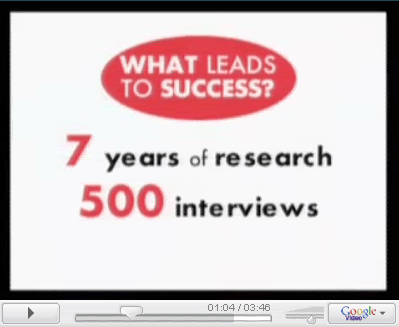Dear Friends,
Representing a client in a short sale will require negotiating with the lender (or lenders if there is a first and second mortgage on the home) to accept a payoff less than the balance due on the loan.
As you already know the Richmond County Real Estate Institute of the Staten Island Board of Realtors will be hosting my Short Sale/ Pre-foreclosure Secrets Revealed Work Shop on Wednesday, November 28th, 2007 9:00am - 12noon.
Here is part of what you will learn on Wednesday, November 28th, 2007 at 9:00am, since the class is filing quickly (this may be your last chance, reserve your seats now) this will also help those of you who haven't called yet here are a few quick tips and items to be aware of when dealing the lender.
- Get the sellers to send a brief letter to all mortgage holders, giving them permission to speak with you. Otherwise, privacy laws will prevent them from talking to you about the loans.
- Ask for details of the loan by sending a loan information request letter signed by all sellers.
- Finding the decision maker is one of the biggest initial challenges for the short sale agent.
- Be sure you contact the lender’s (bank’s) loss mitigation department, which will be the group to decide whether to accept a short sale, rather than the collection or customer service department, which is only interested in recouping past due loan payments.
- Before the mortgage lenders will consider a short sale, they need to know financial information about the seller and why the seller cannot pay the loan. The seller will need to submit information to the lender to assist the lender in deciding whether to accept a short sale.
- The seller should submit a package which includes:
W-2 forms from employers (or a letter explaining the seller is unemployed)
bank statements
two years of tax returns
other financial documents with income and debt obligations - The sellers should also submit a "hardship letter", explaining the circumstances that make it impossible for them to pay the full amount of the loan. The sellers must show true financial hardship before the lender will agree to a short sale.
- The bank will also need comps or a broker’s price opinion showing your estimate of value.
- Most lenders will want a broker’s price opinion or even an appraisal before you and the sellers set a price. Offer the lender comps of recent sales.
- When the lenders agree to accept a short sale, be sure to get the consent in writing. Once the agent and seller have made an agreement with the lender(s), the agent is ready to enter into a listing agreement with the seller and begin marketing the property.
Remember there is substantial risk and reward involved in this extremely complex and often drawn out process.
One of the fastest ways to become a short sale expert is by training. Now, with me, I like to invest significant time immersing myself in training, while some people prefer to take it in bite-size chunks. Whatever your preference is, now is the best time to attend:
LAST CHANCE
SHORT SALE Pre-Foreclosure Secrets Revealed
Wednesday, November 28, 2007
9:00am – 12:00pm
3 CE Hours (NY Only)
Special Price $30
Richmond County Real Estate Institute
Staten Island Board Of Realtors
1535 Richmond Ave, Suite 3
Staten Island, NY 10314
Attention: Debbie Learner718.979.0007
Download The Registration Form Here
Are you interested in a Non-CE Short Sale Workshop tailored to your office?
Please call me or email jstanton@jeffreysjournal.com
On Your Team
Jeffrey Stanton
Your Trusted Advisor For Life
Related Topics: The Short Sale: A Unique Selling Proposition for Real Estate Agents , My Six Short Sale Rules , SHORT SALE Pre-Foreclosure Secrets Revealed


































No comments:
Post a Comment